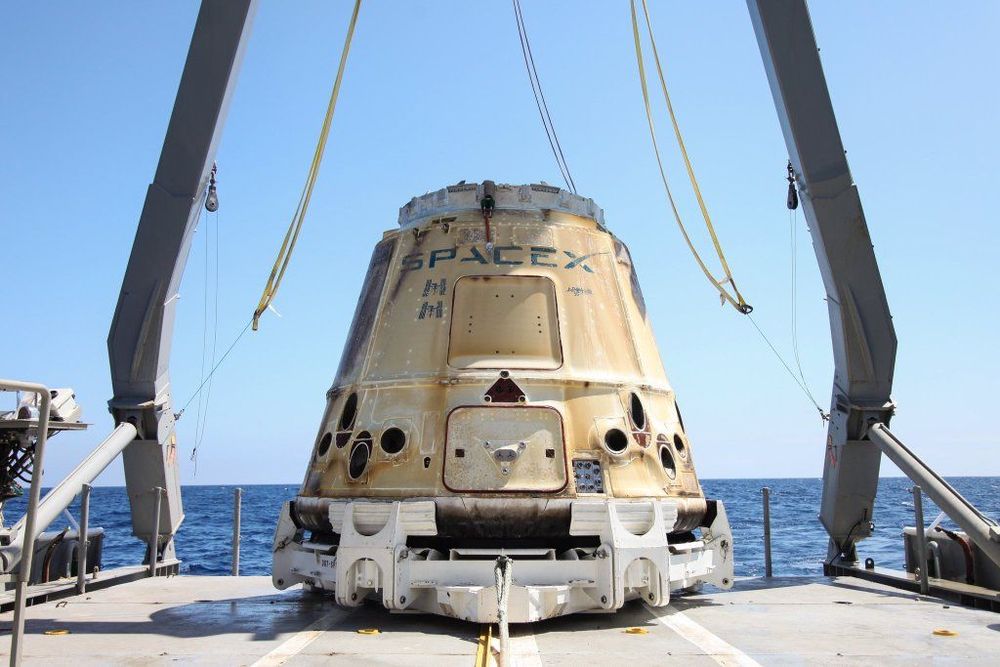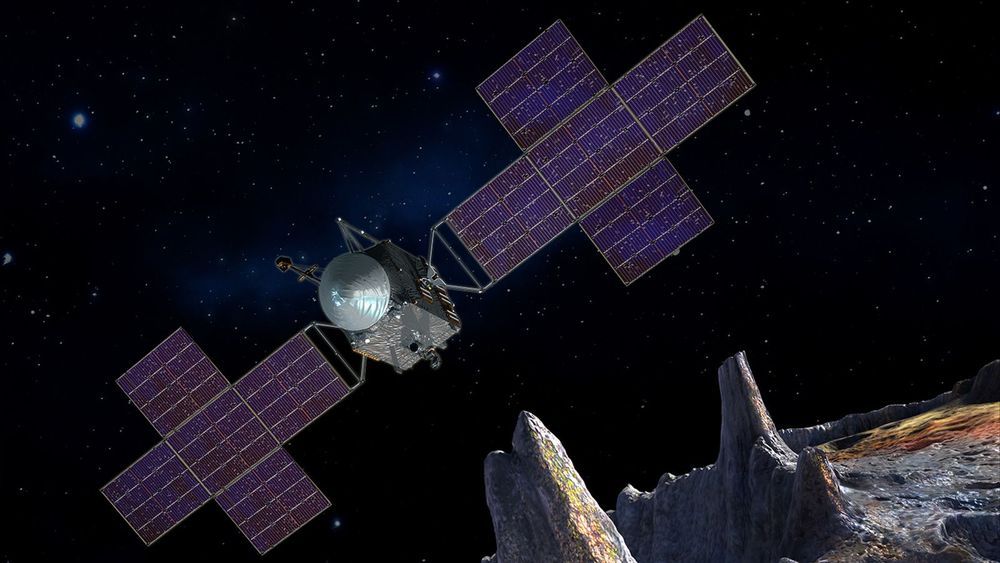Designed to explore a metal asteroid that could be the heart of a planet, the Psyche mission is readying for a 2022 launch. After extensive review, NASA Headquarters in Washington has approved the mission to begin the final design and fabrication phase, otherwise known as Phase C. This is when the Psyche team finalizes the system design, develops detailed plans and procedures for the spacecraft and science mission, and completes both assembly and testing of the spacecraft and its subsystems.
“The Psyche team is not only elated that we have the go-ahead for Phase C, more importantly we are ready,” said Principal Investigator Lindy Elkins-Tanton of Arizona State University in Tempe. “With the transition into this new mission phase, we are one big step closer to uncovering the secrets of Psyche, a giant mysterious metallic asteroid, and that means the world to us.”
The mission still has three more phases to clear. Phase D, which will begin sometime in early 2021, includes final spacecraft assembly and testing, along with the August 2022 launch. Phase E, which begins soon after Psyche hits the vacuum of space, covers the mission’s deep-space operations and science collection. Finally, Phase F occurs after the mission has completed its science operations; it includes both decommissioning the spacecraft and archiving engineering and science data.








